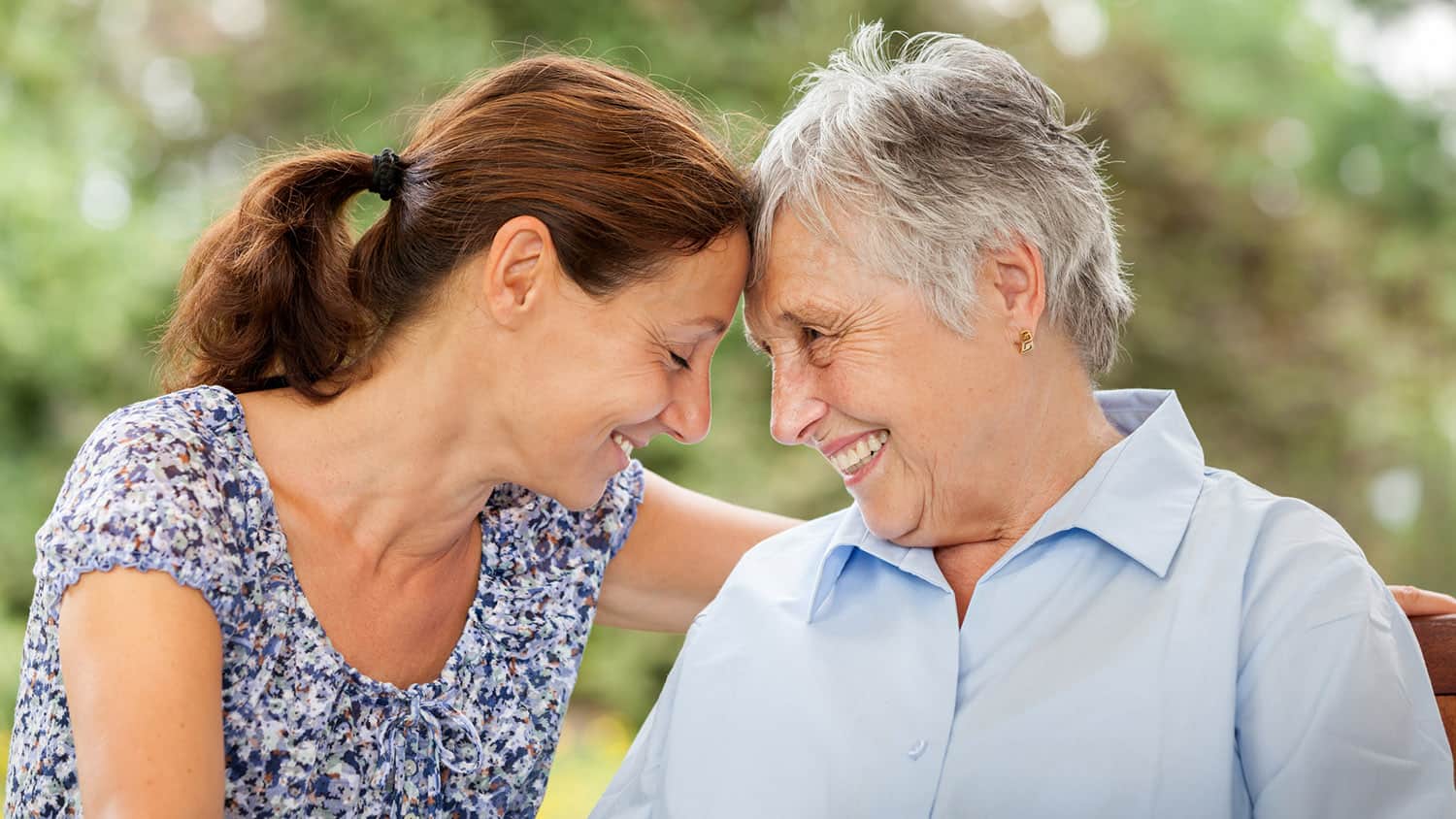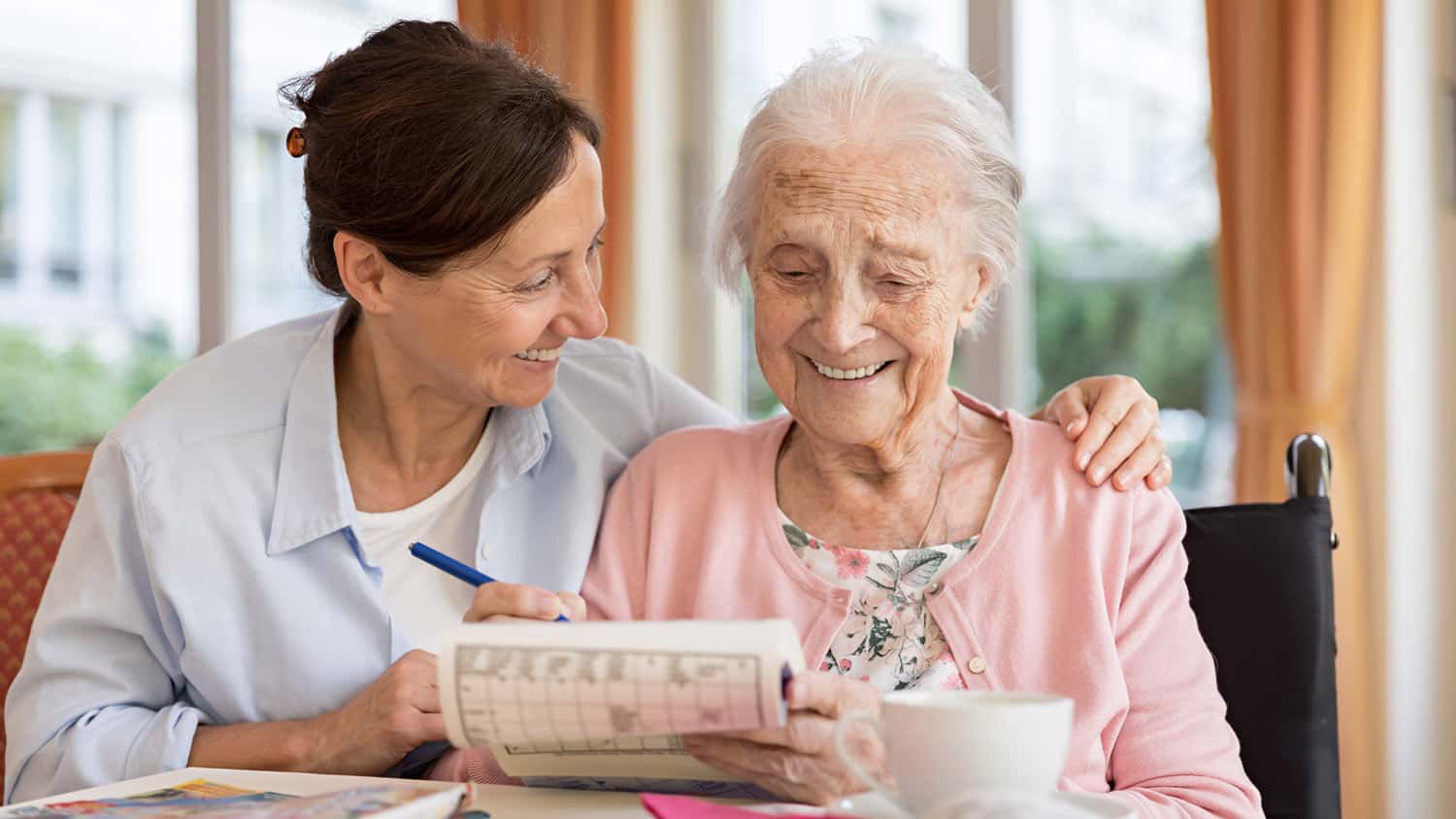
In Sickness and in Health: Facing a Terminal Illness with My Spouse
My husband and I are 11 years apart. The first thing he ever asked me was If I would be open to dating an older man. It was not the first marriage for either of us.
We hit it off right away, and our life began.
Then he started to feel bad. We were only engaged at that point but pushed up the wedding because we knew it was serious. We had no idea how serious, though.
Suddenly, we go from making wedding plans one day to talking about death the next. I guess we decided to do the “In sickness” part first.
We were young, with dreams and plans for the future still unfolding. Instead of a honeymoon, we had a hospital visit instead.
I was committed, though, and in for a challenging ride.
That was nine years ago. He was diagnosed with congestive heart failure (CHF) while still at a young(ish) age. Our lives were irrevocably changed from the moment of that diagnosis.
Suddenly, our dreams were overshadowed by the reality of hospital visits, medical terminology, and an ever-present uncertainty.
Our entire life just switches paths overnight. How long would he have? How long would we get with him?
The stability we once took for granted was replaced by a new normal that included ambulances in the driveway and a constant undercurrent of fear.
Facing the Reality of a Terminal Illness
For nearly a decade, we’ve lived with the shadow of terminal illness hanging over us. We were lucky to have that many years together. Some don’t get that blessing.
Initially, denial was a comfortable refuge, but reality has a way of insisting on being acknowledged.
I was still too young to retire. I was supposed to be in the prime of my life. Once he could no longer work, the financial burden became a brutal reality.
I juggled a second job to manage the mounting medical bills while the financial burden weighed heavily on my shoulders. It was challenging and a lot of hard work.
The stress and pressure were relentless, but they became companions in our new normal. My tolerance for it has grown.
My reality was facing a life of dreams, hopes, and goals alongside planning for my husband’s shortened life.
Adapting Plans and Expectations When a Spouse Is Ill
Our life plans had to be redrawn, and goals shifted to accommodate our unwelcome companion, CHF.
The reality of medical appointments and treatments replaced dreams of travel and leisure. We also had to change how we did things, like checking the altitude of a place before visiting to make sure everyone could enjoy it.
Yet, amidst this upheaval, we found moments of peace and adaptation. We relied on a lot of Faith. We have a very powerful and loving God.
The hospital became a familiar landscape as the years passed, and the sight of medical equipment in our home lost its initial shock value. The oxygen machine has become like a white noise machine in our house.
Our lives continued, marked by resilience and a determination to find joy during the struggle.
I could not stop living. I could not put my life on hold for myself or our children.
It caused some guilt because while I was busy dreaming of where I would be in 5, 10, or 20 years, my husband wondered if he would be part of those dreams.
Self-Care and Support for the Caretaker
I have not always been good at self-care. I had to learn how, honestly. I inherently am a caretaker – just not always for myself.
The journey has taught me the importance of self-care, though. It was a lesson learned through trial and error.
I try to indulge in massages as often as possible; meditation music is my lifeblood.
The weight of caregiving, working two jobs (and a few businesses), and maintaining our home life was overwhelming.
I learned to carve out moments for myself, brief escapes where I could gather my strength and face the challenges ahead.
Two-hour baths were my normal. It was a getaway I had to allow myself.
The support from friends and family became a lifeline, offering emotional solace and practical help. Especially when reality started knocking harder, and the Hospice program came into our lives.
I had to allow myself to go to dinner with friends and still work towards my goals and dreams.
Creating Lasting Memories
Despite the looming presence of illness, we focused on creating memories, capturing moments of laughter and love amidst the pain.
These memories became beacons of light, reminders of the love that sustained us through the darkest times. From corny jokes to ridiculous face filters that make you look goofy, I had to keep laughing. I had to keep living.
We learned to find beauty in the mundane, cherishing the simple act of being together. Date nights binging on a TV series or even watching nature videos of the history of whales. We just spent time together.
There were sacrifices, I will be honest, but they were worth it.
Navigating Daily Challenges on a Long-term Illness
Living with my husband’s illness for so long, the extraordinary became ordinary. Ambulances, doctor visits, surgeries, and hospital stays were just part of our routine.
Most of the neighbors knew it was probably for my husband if they saw an ambulance at my house.
We were regulars at the hospital, and they knew us by name. They are so genuinely amazing people in the world, and we were lucky to run into a few of them.
With each day that passes, he can do less and less. I have to pick up some things he can no longer do and still set goals for myself. Not to mention take care of the kids and keep the place running.
I often catch myself wanting to avoid talking about goals I have with him because it does not feel fair. The stuff you casually say in conversation, like I want to see the Grand Canyon or the Biltmore.
I had to face the fact that we would not be able to do those sorts of things. I had to grieve for the loss of the opportunity. It helped.
Looking Ahead to an Uncertain Future
Yet, when hospice care began, the reality of our situation hit home anew. It forced us to confront the inevitable and have the hard conversations we had avoided for so long.
In our eyes, we were relatively young. You aren’t supposed to have to think about death till you are like 100 years old or something. Yet we found ourselves discussing obituaries, last wills and testaments, and funeral arrangements.
Yet, these conversations were necessary, helping us to prepare for what was to come, even as they broke our hearts.
It was a stark reminder of the preciousness of time. Thoughts of death and our looming mortality defintely make you feel so many emotions.
It was difficult to discuss hopes and future goals when faced with the imminent loss of my partner. I had to keep doing it. For myself, with my children, and with my husband.
I think still having those conversations gave him hope because who were we to say when God calls him?
Advice for Others: 7 Things I Have Learned
If you find yourself walking a path similar to mine, navigating the uncertain terrain of a spouse’s terminal illness, here’s what I’ve learned:
Embrace the Present
Focus on the now rather than getting lost in the what-ifs of the future. Cherish every moment, even the mundane ones, for they are precious.
Seek Support
Don’t try to shoulder everything alone. Lean on friends, family, and support groups. Accepting help is not a sign of weakness but a necessary step in managing your well-being.
Communicate Openly
Have honest conversations with your spouse, children, and support network. Sharing your fears and hopes can bring comfort and clarity during turbulent times.
Prioritize Self-Care
Find small ways to care for yourself amid the chaos. Whether it’s a long bath, a short walk, or a moment of silence, these brief escapes are vital for your mental and emotional health.
Prepare for the Practical
Educate yourself on medical terminology, treatment options, and financial planning. Being informed can help reduce anxiety and make you feel more in control.
Document the Journey
Keep a journal or create a memory box. These memories will be invaluable in the future, both for you and your family.
Stay Flexible
Be prepared to adjust your plans and expectations. Flexibility can help reduce stress when faced with the unpredictable nature of illness.
To those just beginning this journey, know that you are not alone. It’s a road paved with challenges and moments of profound love and connection.
Allow yourself to feel, to grieve, and to hope.
Final Thoughts
Living with a spouse’s terminal illness for nearly a decade has been a journey of profound challenges and unexpected strength.
It has reshaped our lives, dreams, and understanding of love and resilience.
Through it all, we’ve learned to cherish every moment, to support each other, and to face life’s uncertainties with courage.
This journey is not one I would have chosen, but it has taught me about the depth of our strength and the power of love.
You may find this article helpful, DON’T KNOW WHAT TO SAY TO A NEW CAREGIVER? HERE ARE 5 SUPPORTIVE THINGS TO SAY.
Let’s Have a Conversation:
What is your experience with terminal illness? Have you cared for someone in this type of health situation? How did you take care of yourself? What did you learn in the process that you’d like to share with the community?







My eldest sister is very ill. Yesterday I found myself sharing about a wonderful radio interview (ABC Australia) about Voluntary Assisted Dying.
Two medical professionals; the husband diagnosed with an inoperable blastoma.
It was very moving, emotional to hear their journey.
I shared what I felt with my sister but am so worried that I might have overstepped a boundary, given her age and precarious health.
Hubby did mention the same thing to me. I honestly don’t know how I feel about it.
Beautifully written. I was 58 years old when my husband was diagnosed with Lewy body dementia. He was 64 years and died at age 66.
I’m sorry for the loss of your husband, hopes and dreams. Thank you for the encouragement and hope.
Hi Barbara, I am grateful to still be on the journey with my husband. He is still with us, telling corny jokes and trying to match my cooking skills. I appreciate the kind words. I am sorry to hear about your loved one.
Hi Barbara,
Life can certainly dish out some nasty shocks for some of us. Husband and I are in our 90s and extremely lucky to have been married so long (71 years…) We have both had cancer and beaten it and suffered the usual bereavements of family members and friends, but overall very fortunate. Caring for someone you love in such dire circumstances must be so hard. You are to be congratulated on your fortitude and courage. I wish you the best of care yourself from friends and family. Enjoy what precious moments you can. The best of good wishes.
Sincerely Joy Lennick
Thank you, Joy. We wake up each day grateful for another day. Time is so precious.